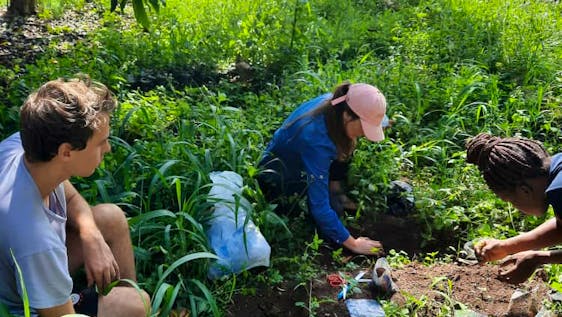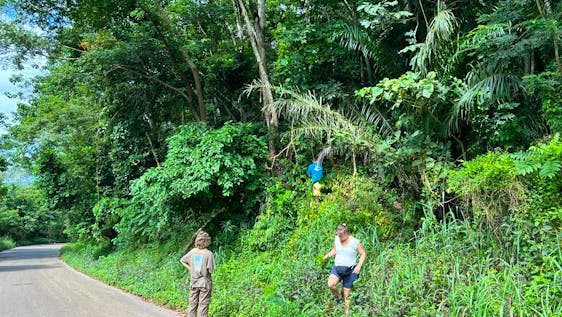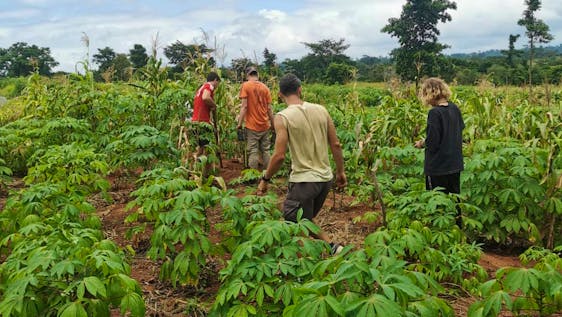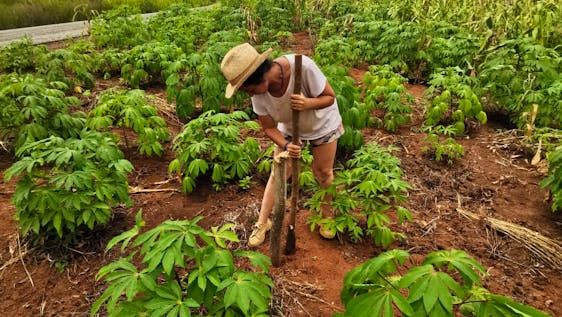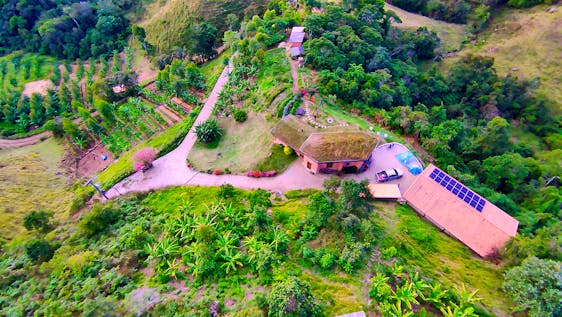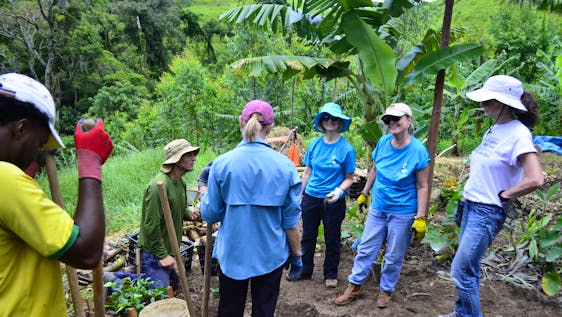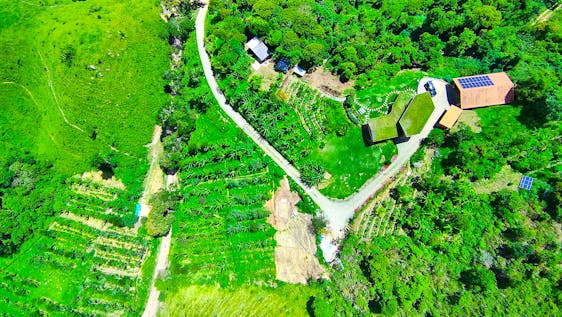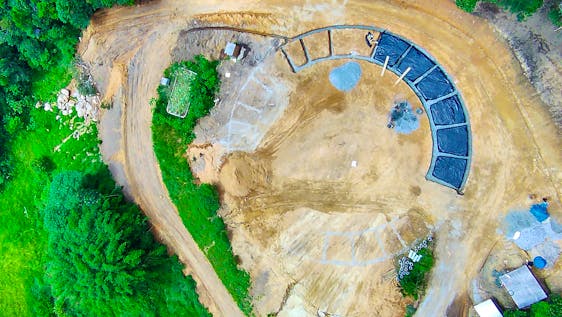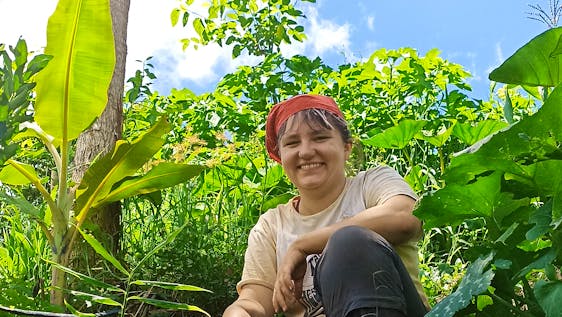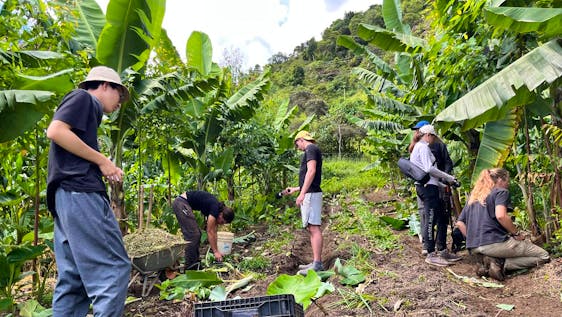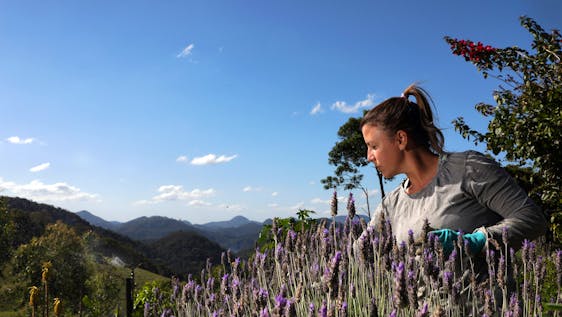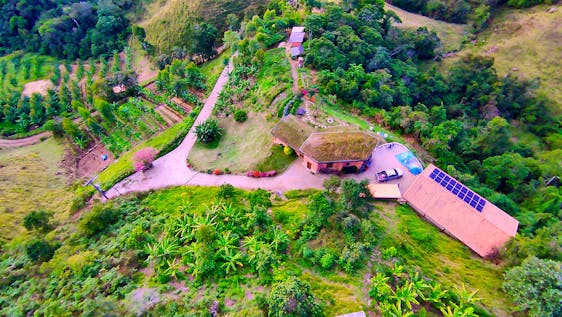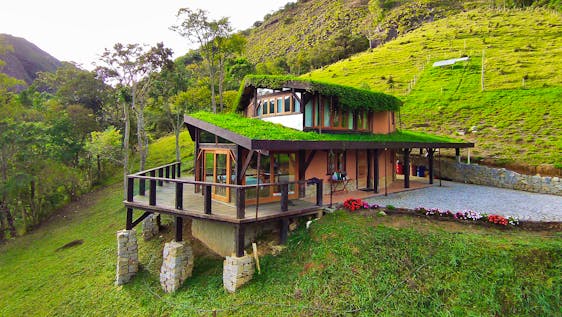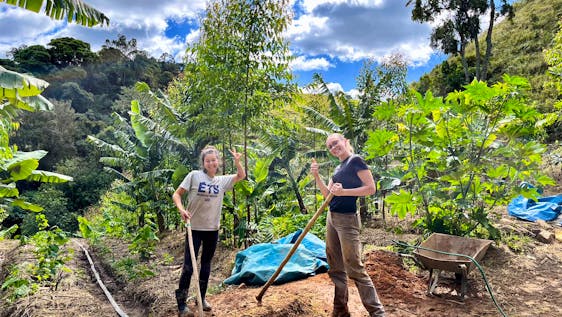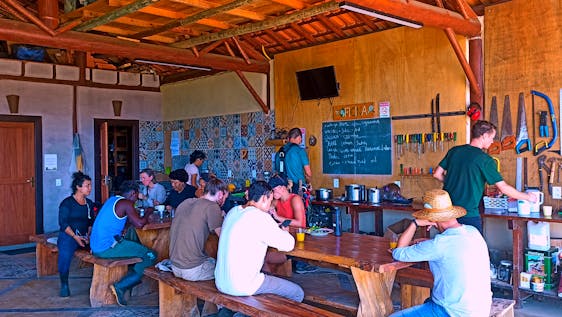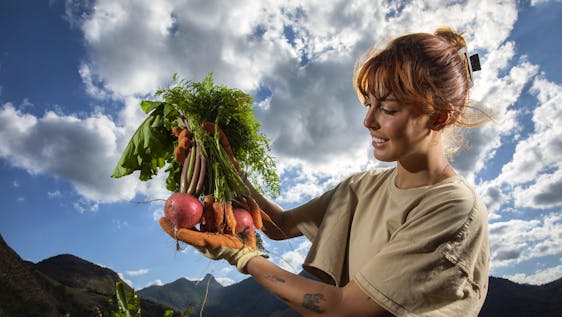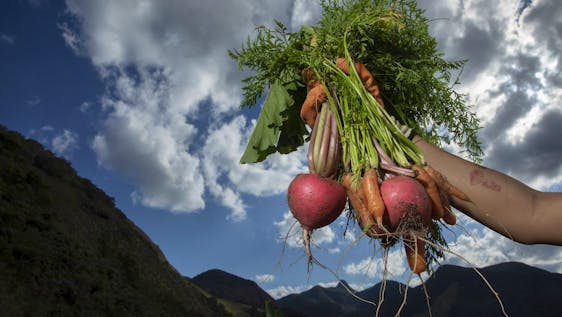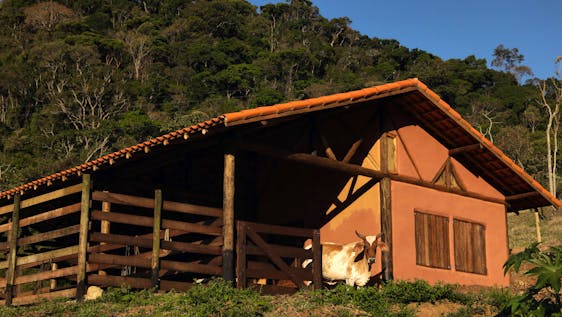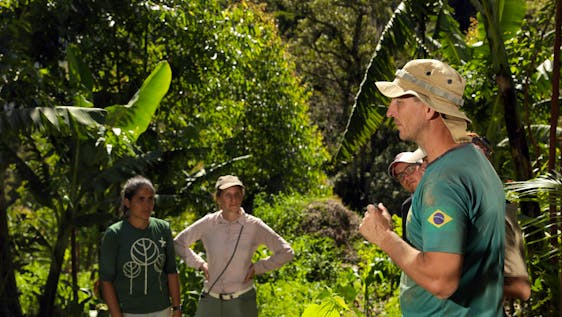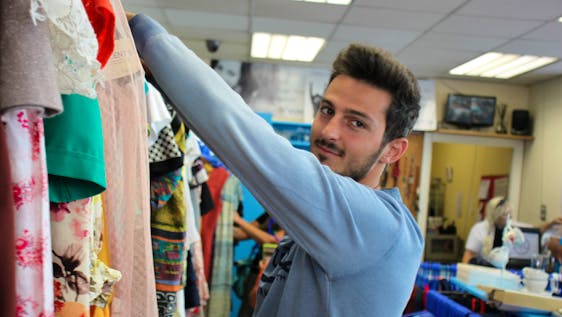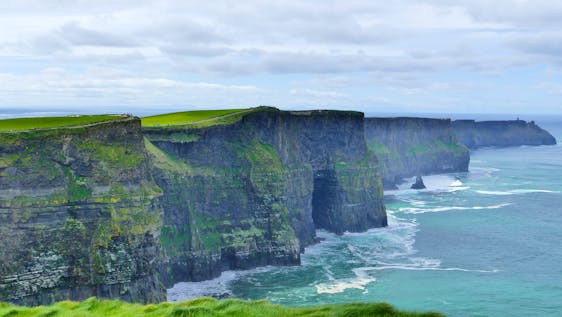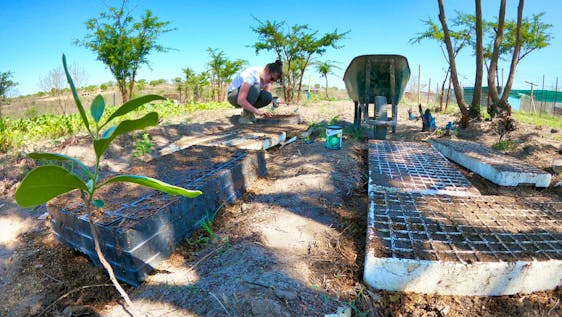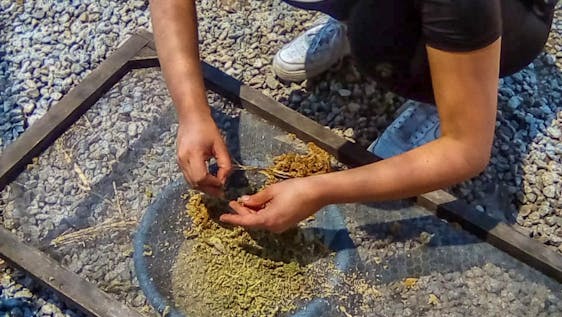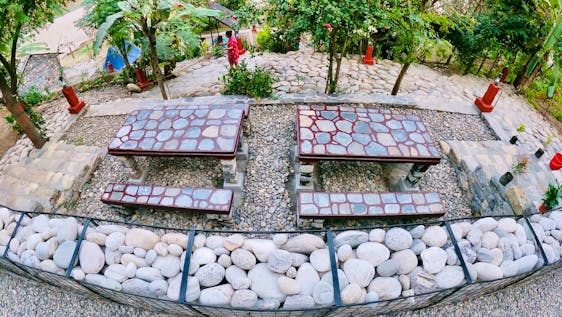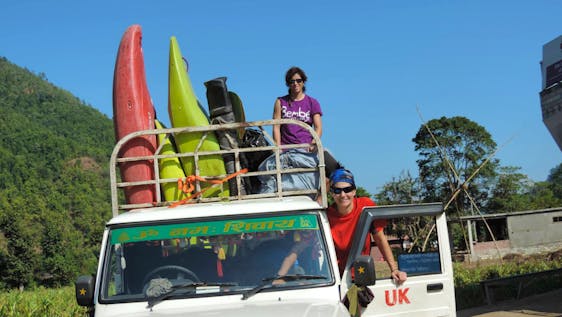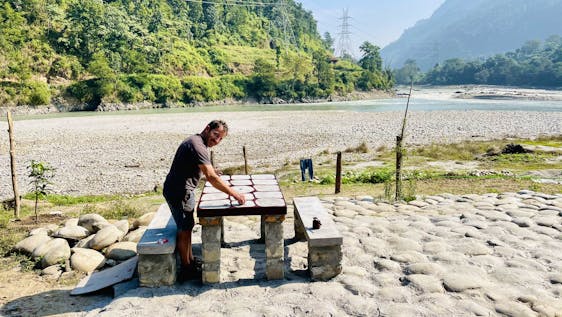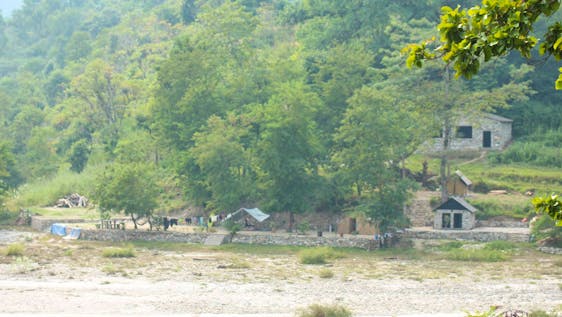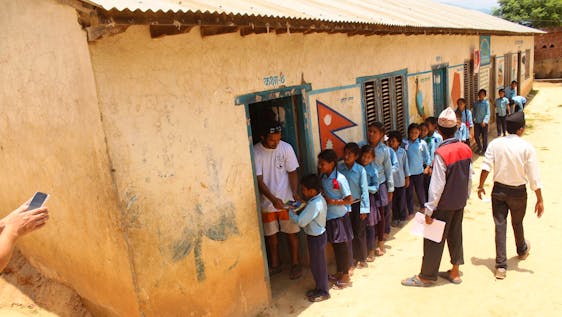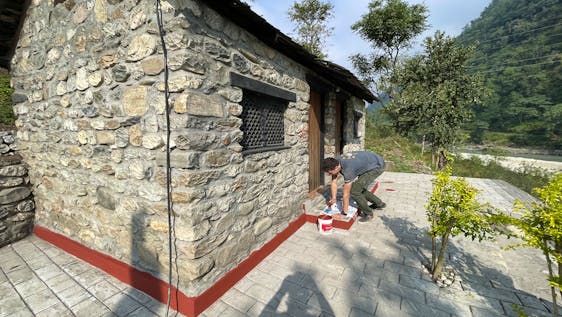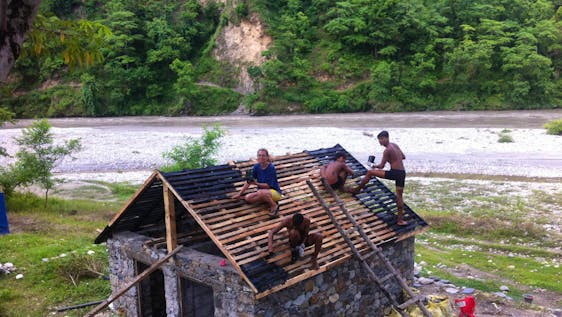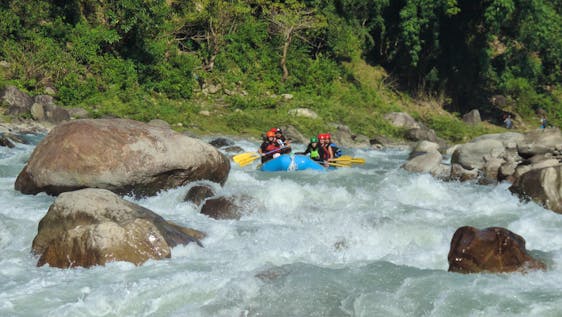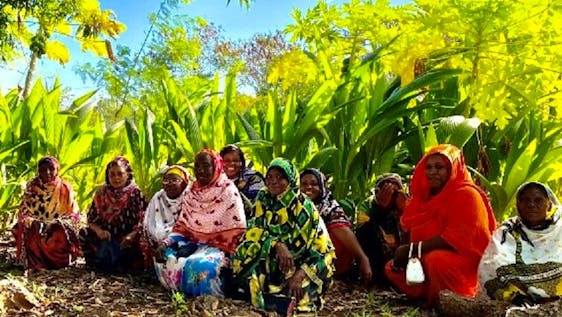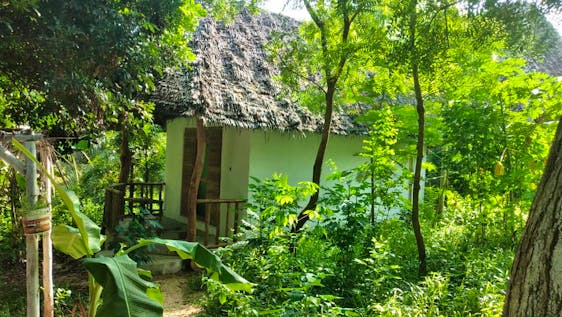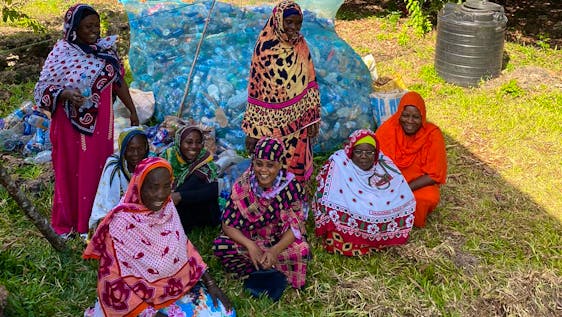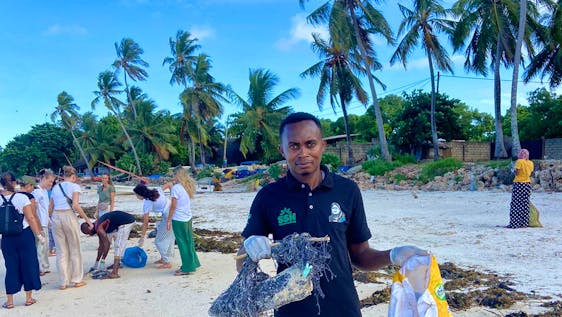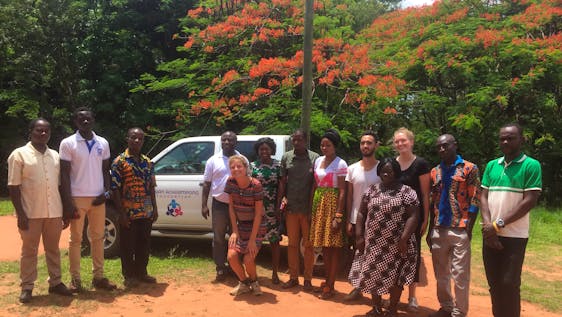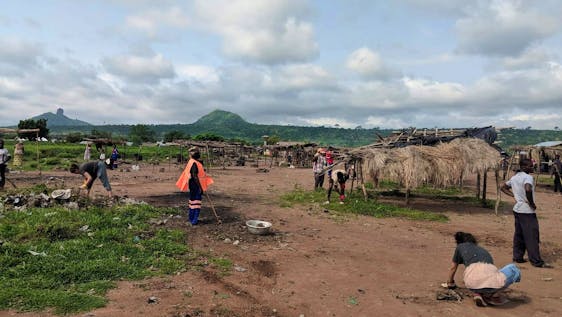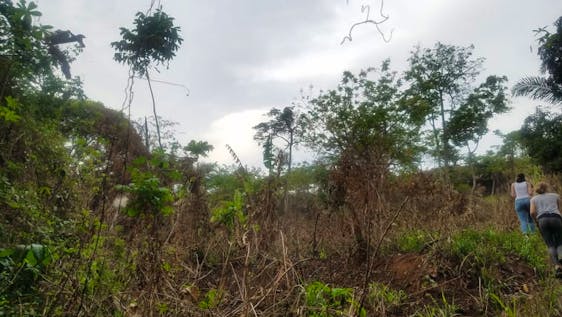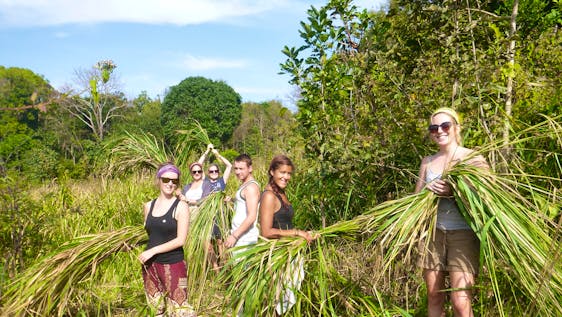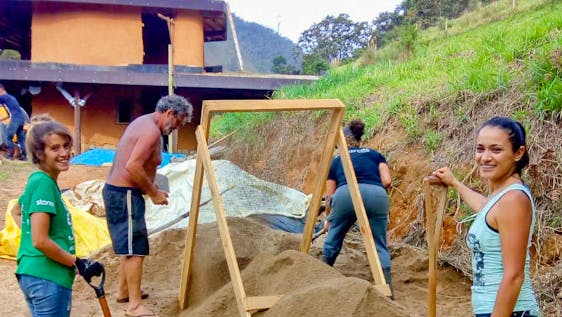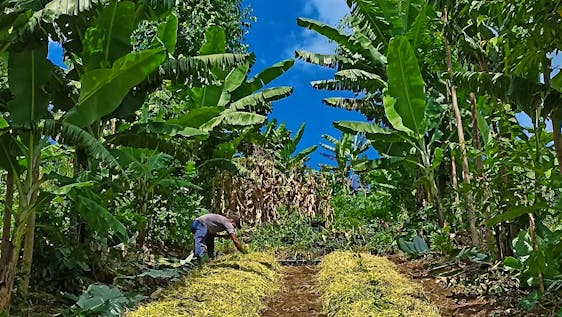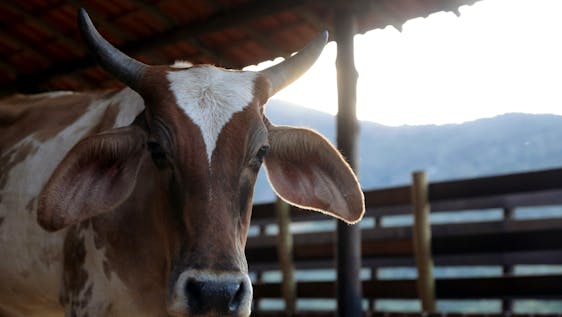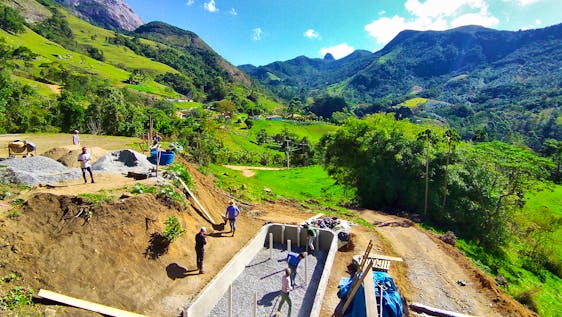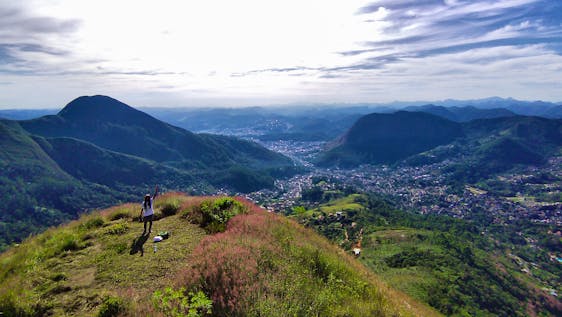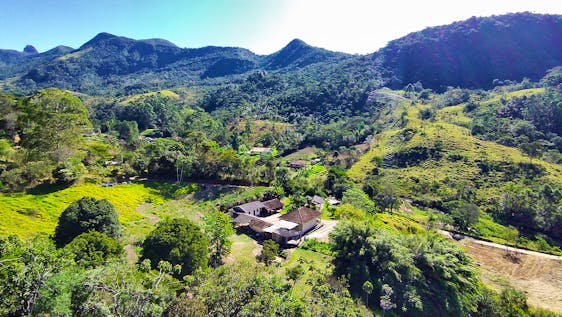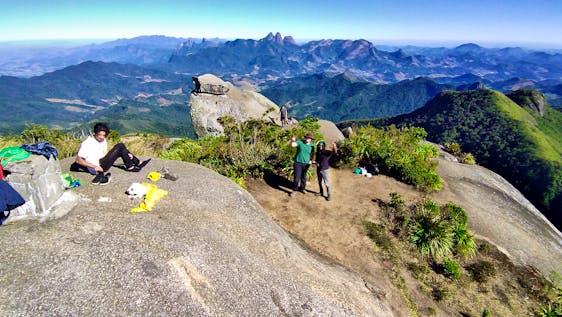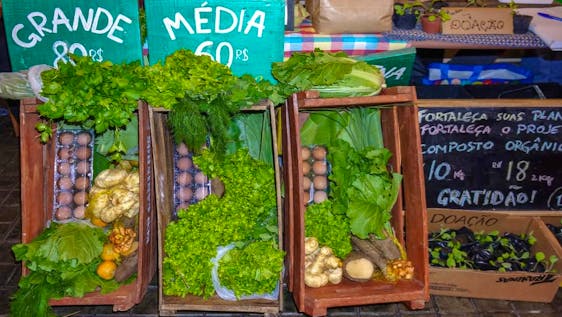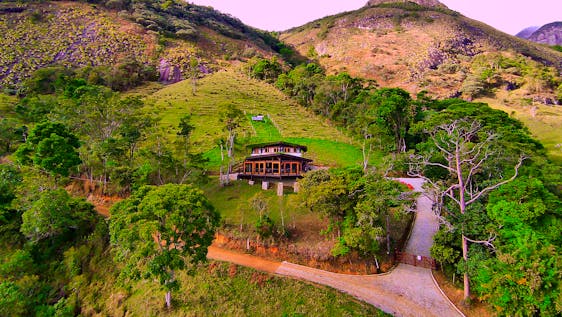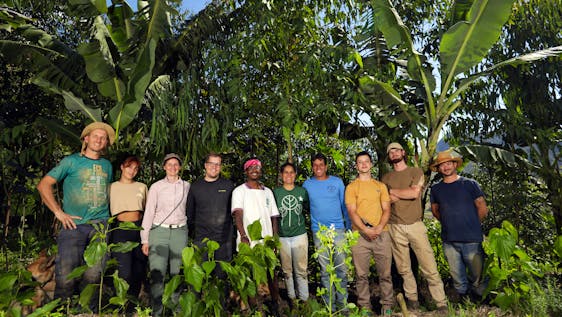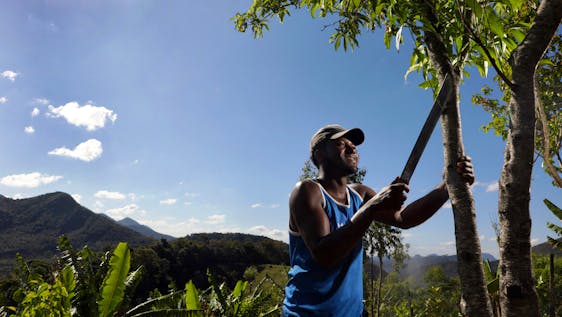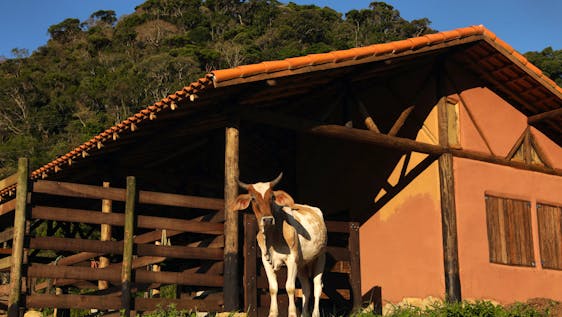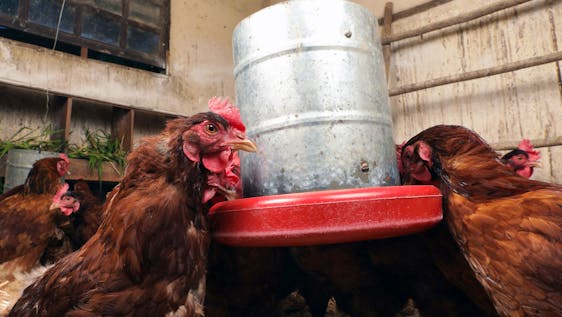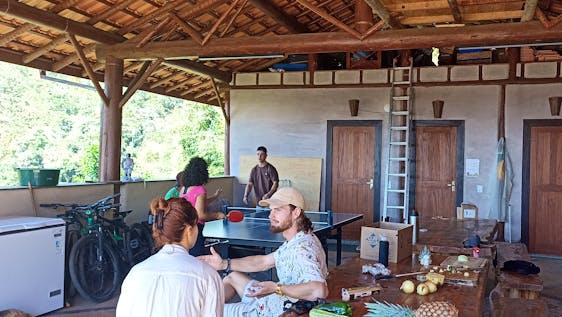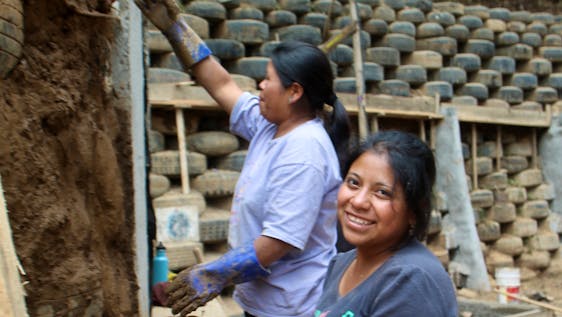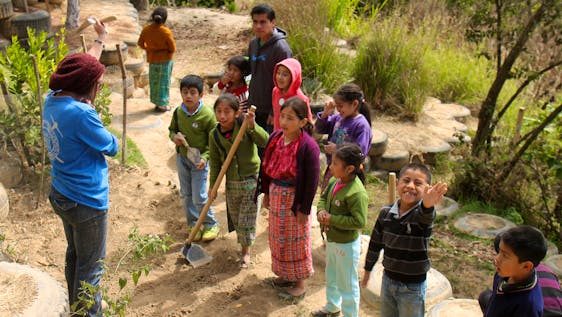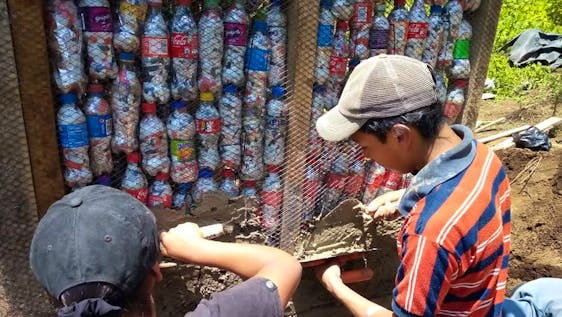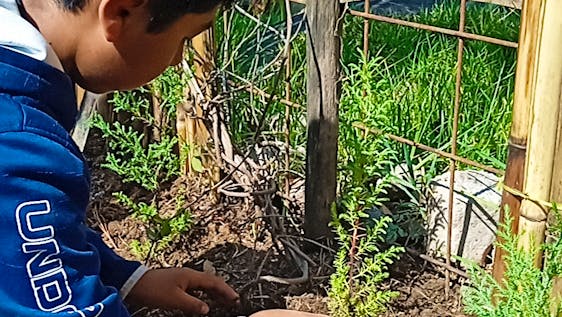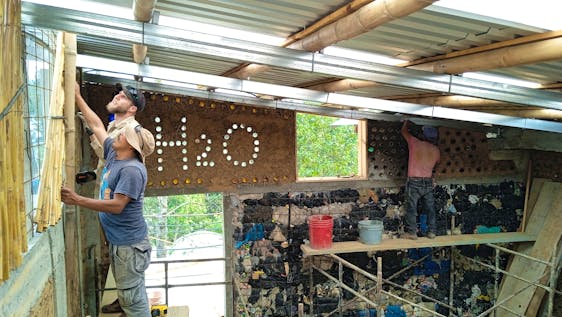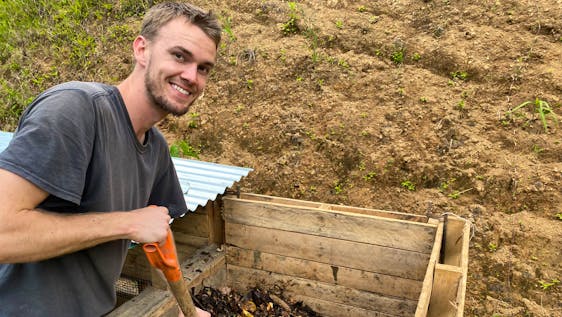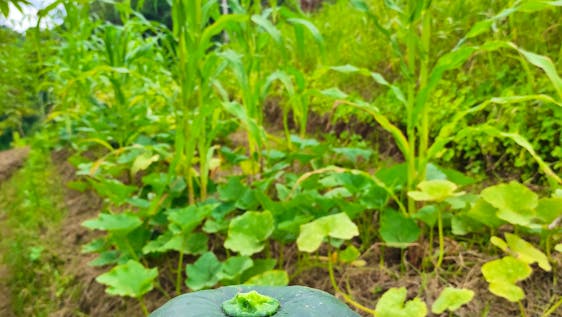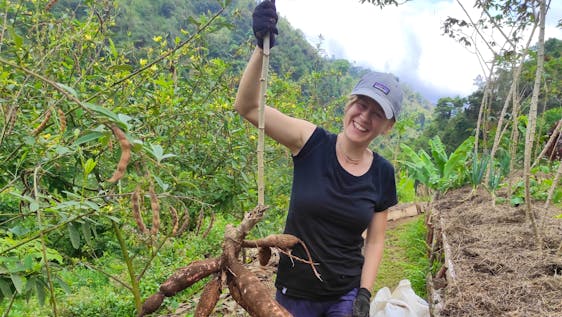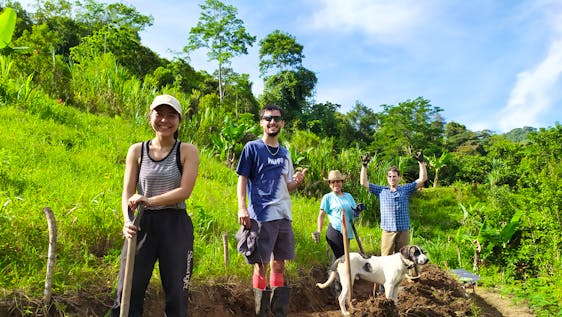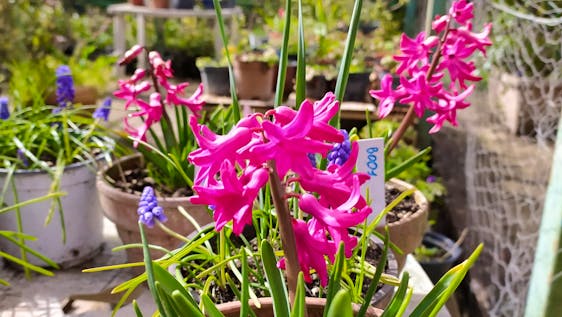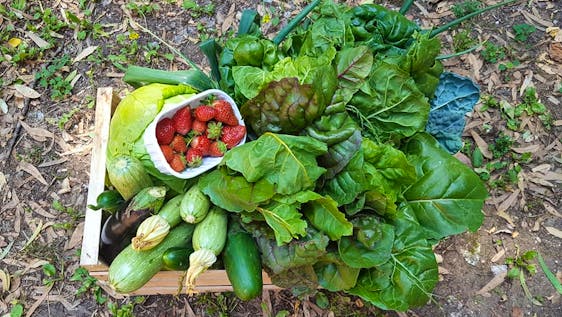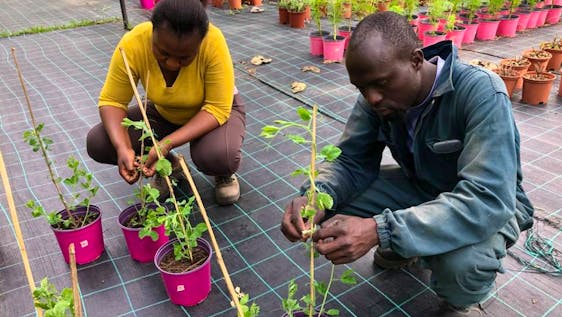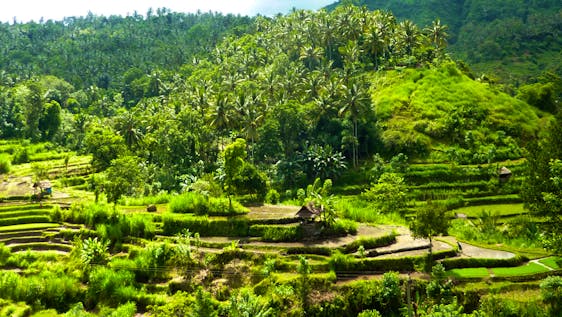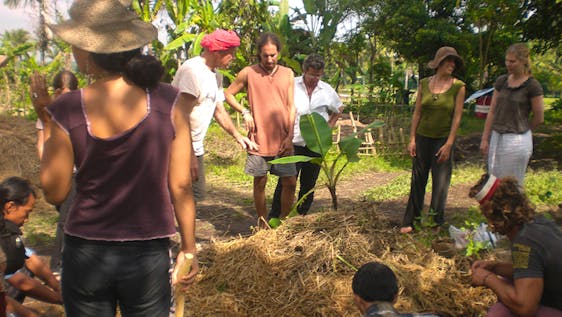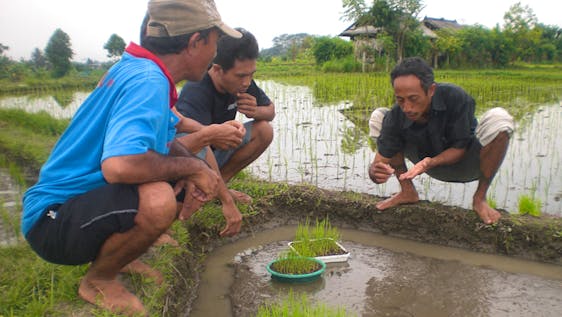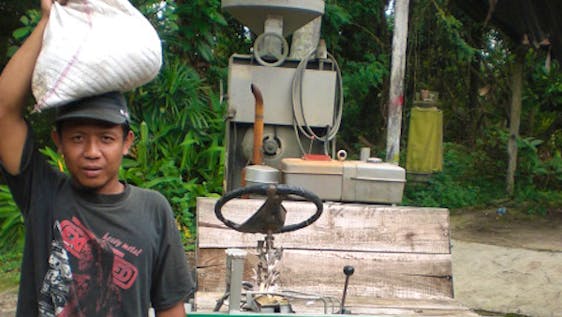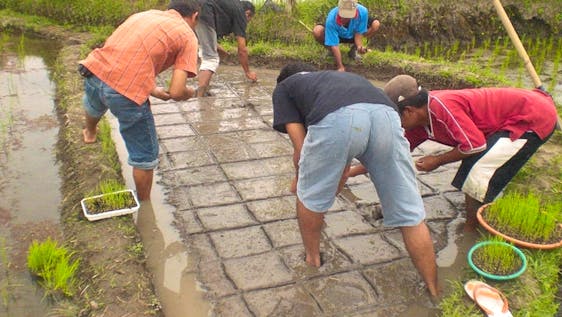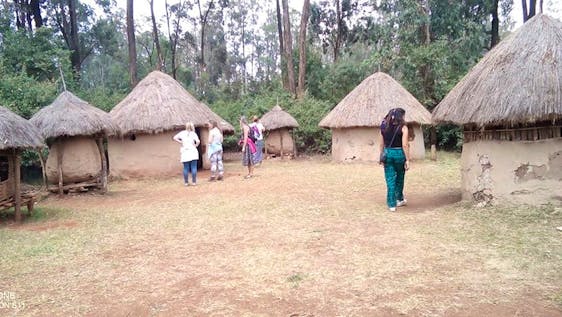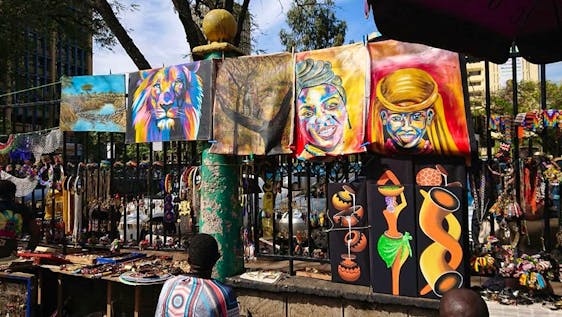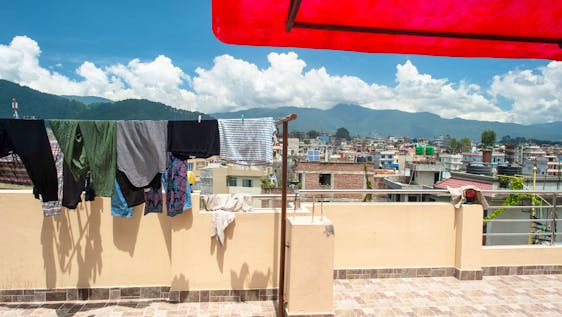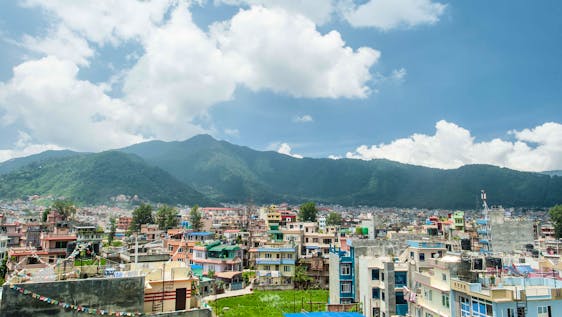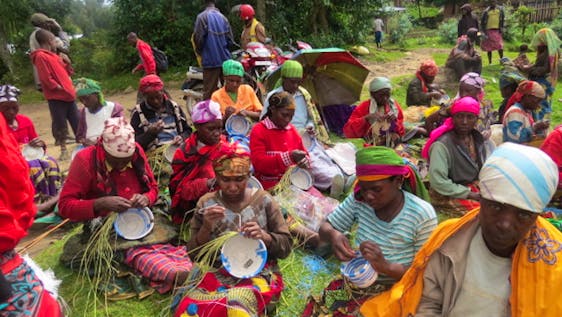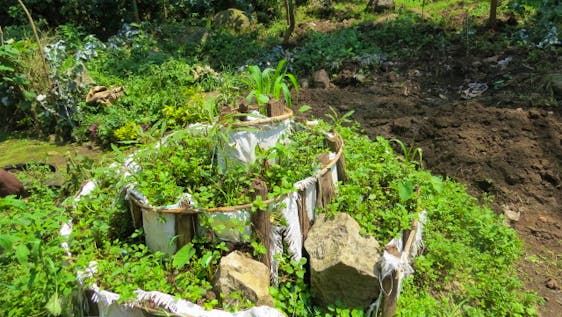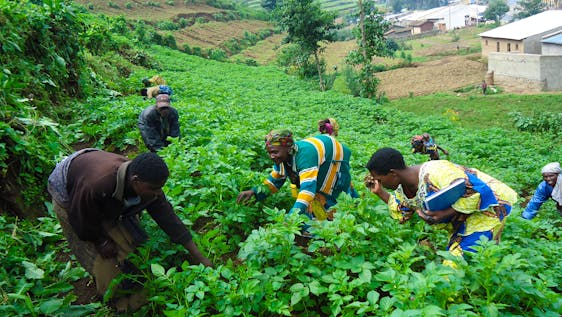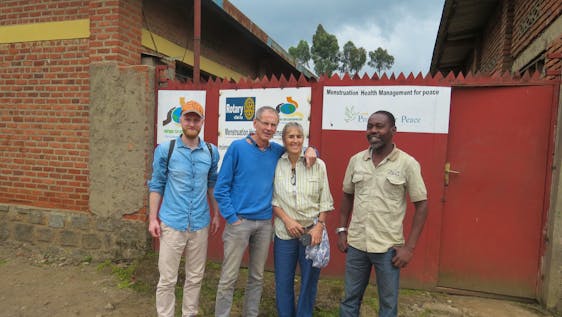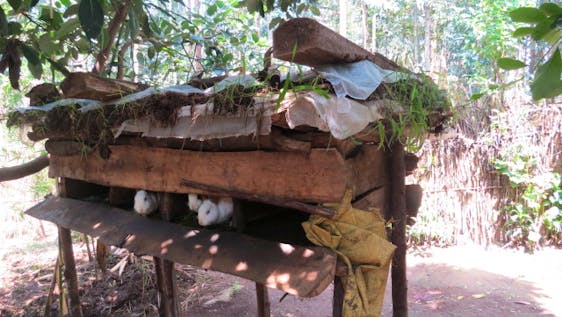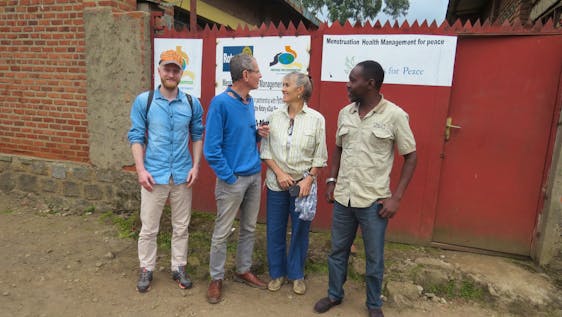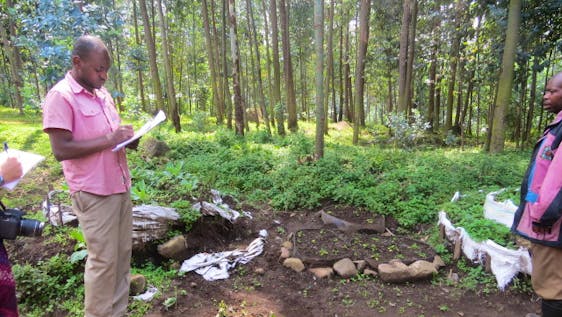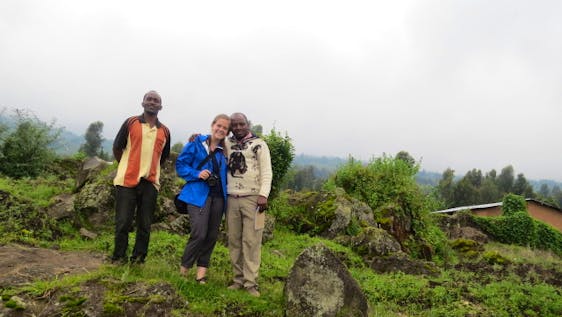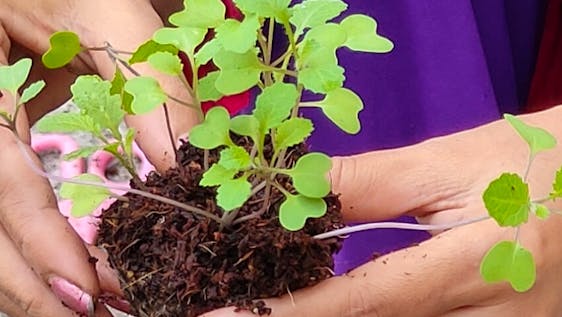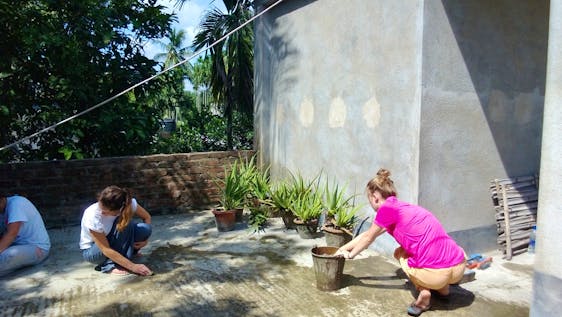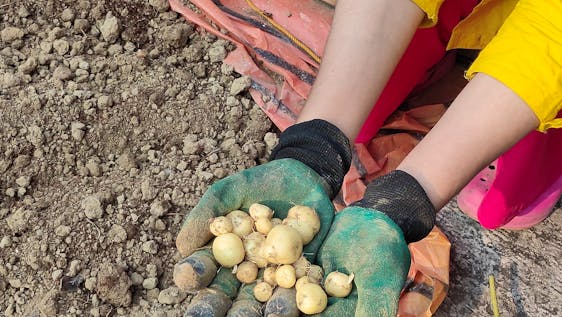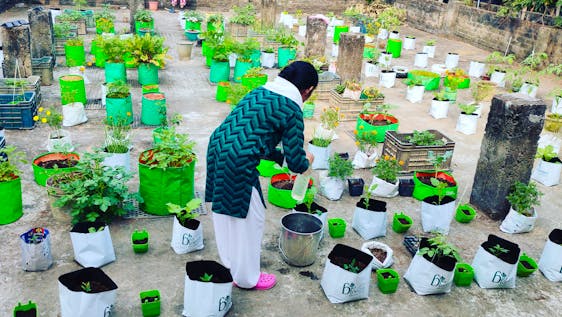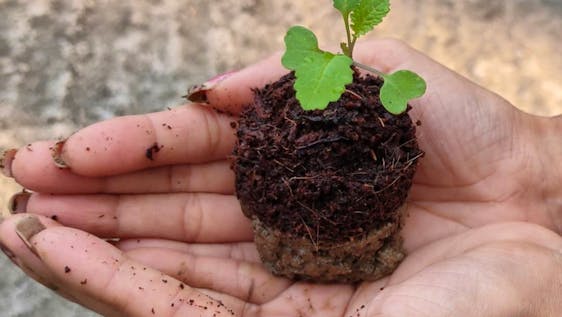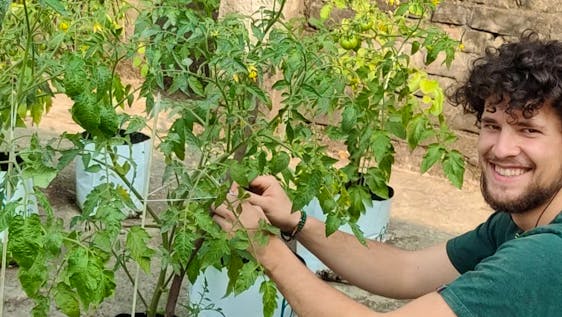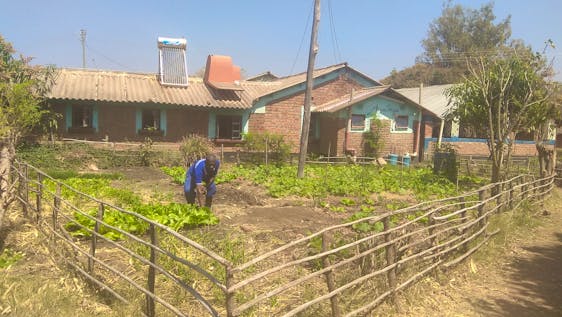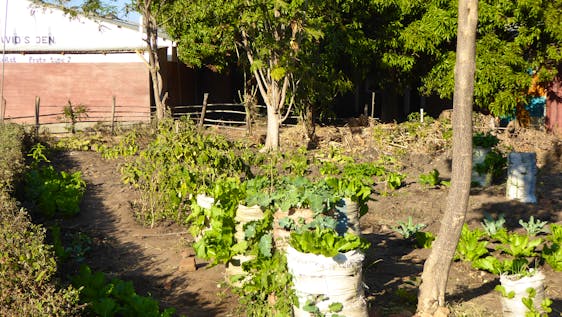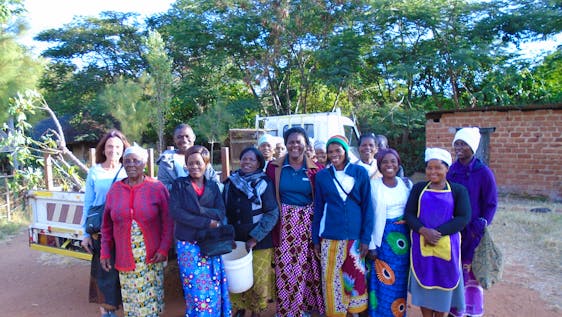- Each year, an estimated one third of all food produced - equivalent to 1.3 billion tonnes worth around $1 trillion - ends up rotting in the bins of consumers and retailers, or spoiling due to poor transportation and harvesting practices
- If people worldwide switched to energy efficient lightbulbs the world would save US$120 billion annually
- Should the global population reach 9.6 billion by 2050, the equivalent of almost three planets could be required to provide the natural resources needed to sustain current lifestyles
Responsible Consumption And Production
Responsible Consumption And Production
Responsible Consumption And Production
Sustainable consumption and production is about promoting resource and energy efficiency, sustainable infrastructure, and providing access to basic services, green and decent jobs and a better quality of life for all. Its implementation helps to achieve overall development plans, reduce future economic, environmental and social costs, strengthen economic competitiveness and reduce poverty.
Sustainable consumption and production aims at "doing more and better with less", increasing net welfare gains from economic activities by reducing resource use, degradation and pollution along the whole lifecycle, while increasing quality of life. It involves different stakeholders, including business, consumers, policy makers, researchers, scientists, retailers, media, and development cooperation agencies, among others. It also requires a systemic approach and cooperation among actors operating in the supply chain, from producer to final consumer. It involves engaging consumers through awareness-raising and education on sustainable consumption and lifestyles, providing consumers with adequate information through standards and labels and engaging in sustainable public procurement, among others.
What's the goal here?
To ensure sustainable consumption and production patterns
Facts & figures
Water
- Less than 3 per cent of the world's water is fresh (drinkable), of which 2.5 per cent is frozen in the Antarctica, Arctic and glaciers. Humanity must therefore rely on 0.5 per cent for all of man's ecosystem's and fresh water needs.
- Man is polluting water faster than nature can recycle and purify water in rivers and lakes.
- More than 1 billion people still do not have access to fresh water.
- Excessive use of water contributes to the global water stress.
- Water is free from nature but the infrastructure needed to deliver it is expensive.
Energy
- Despite technological advances that have promoted energy efficiency gains, energy use in OECD countries will continue to grow another 35 per cent by 2020. Commercial and residential energy use is the second most rapidly growing area of global energy use after transport.
- In 2002 the motor vehicle stock in OECD countries was 550 million vehicles (75 per cent of which were personal cars). A 32 per cent increase in vehicle ownership is expected by 2020. At the same time, motor vehicle kilometres are projected to increase by 40 per cent and global air travel is projected to triple in the same period.
- Households consume 29 per cent of global energy and consequently contribute to 21 per cent of resultant CO2 emissions.
- One-fifth of the world's final energy consumption in 2013 was from renewables.
Food
- While substantial environmental impacts from food occur in the production phase (agriculture, food processing), households influence these impacts through their dietary choices and habits. This consequently affects the environment through food-related energy consumption and waste generation.
- 1.3 billion tonnes of food is wasted every year while almost 1 billion people go undernourished and another 1 billion hungry.
- Overconsumption of food is detrimental to our health and the environment.
- 2 billion people globally are overweight or obese.
- Land degradation, declining soil fertility, unsustainable water use, overfishing and marine environment degradation are all lessening the ability of the natural resource base to supply food.
- The food sector accounts for around 30 per cent of the world's total energy consumption and accounts for around 22 per cent of total Greenhouse Gas emissions.
Why?
More people globally are expected to join the middle class over the next two decades. This is good for individual prosperity but it will increase demand for already constrained natural resources. If we don't act to change our consumption and production patterns, we will cause irreversible damage to our environment.
What are some of the current consumption and production patterns that need to change?
There are many aspects of consumption that with simple changes can have a big impact on society as a whole. For example, each year about one third of all food produced-equivalent to 1.3 billion tonnes worth around $1 trillion-ends up rotting in the bins of consumers and retailers, or spoiling due to poor transportation and harvesting practices, something that businesses need to address. When it comes to consumers, households consume 29 per cent of global energy and contribute to 21 per cent of resultant CO2 emissions. However, if people worldwide switched to energy efficient lightbulbs the world would save US$120 billion annually. Water pollution is also a pressing issue that needs a sustainable solution. We are polluting water faster than nature can recycle and purify water in rivers and lakes.
How can I help as a business?
It's in businesses' interest to find new solutions that enable sustainable consumption and production patterns. A better understanding of environmental and social impacts of products and services is needed, both of product life cycles and how these are affected by use within lifestyles. Identifying "hot spots" within the value chain where interventions have the greatest potential to improve the environmental and social impact of the system as a whole is a crucial first step. Businesses can also use their innovative power to design solutions that can both enable and inspire individuals to lead more sustainable lifestyles, reducing impacts and improving well-being.
How can I help as a consumer?
There are two main ways to help: 1. Reducing your waste and 2. Being thoughtful about what you buy and choosing a sustainable option whenever possible. Reducing our waste can be done in many ways, from ensuring you don't throw away food to reducing your consumption of plastic-one of the main pollutants of the ocean. Carrying a reusable bag, refusing to use plastic straws, and recycling plastic bottles are good ways to do your part every day. Making informed purchases about what we're buying also helps. For example, the textile industry today is the second largest polluter of clean water after agriculture, and many fashion companies exploit textile workers in the developing world. If you can buy from sustainable and local sources you can make a difference as well as exercising pressure on businesses to adopt sustainable practices.
Where are volunteer projects that need my help?
Discover related Sustainable Development Goals
The Sustainable Development Goals aim to end poverty, protect the planet, and ensure prosperity for all. As such, the 17 SDGs and its associated 169 targets do not stand alone, but are are interconnected. The key to success on one will involve tackling issues more commonly associated with another. If you are interested in supporting a cause addressing to the goal {sdg.name}, you might also be interested in the related goals No Poverty, Zero Hunger, Decent Work And Economic Growth, Sustainable Cities And Communities, Life Below Water and Life On Land.
Please visit the website of the United Nations to find out more about Goal 12 Responsible Consumption And Production and other Sustainable Development Goals.
Source: United Nations

 Activities
Activities
 Environment
Environment
 Africa
Africa
 Conservation Work
Conservation Work
 Planting Trees
Planting Trees
 Ghana
Ghana
 Western Africa
Western Africa
 Reforestation
Reforestation
 Ecological Farming
Ecological Farming
 Americas
Americas
 Agriculture
Agriculture
 NGO Support
NGO Support
 Business Development
Business Development
 Hotspots
Hotspots
 South America
South America
 Brazil
Brazil
 Waste Reduction
Waste Reduction
 Europe
Europe
 Hiking
Hiking
 Ireland
Ireland
 Northern Europe
Northern Europe
 Asia
Asia
 Yoga
Yoga
 Eastern Africa
Eastern Africa
 Southern Asia
Southern Asia
 Voluntourism
Voluntourism
 Volunteer and Travel
Volunteer and Travel
 Nepal
Nepal
 South Africa
South Africa
 Southern Africa
Southern Africa
 Volleyball
Volleyball
 Zanzibar
Zanzibar
 Beach Cleaning
Beach Cleaning
 Tanzania
Tanzania
 Plastic Reduction
Plastic Reduction
 Community
Community
 Central America
Central America
 Vegan
Vegan
 Guatemala
Guatemala
 Construction
Construction
 Building Schools
Building Schools
 Ecological Building
Ecological Building
 Southern Europe
Southern Europe
 Costa Rica
Costa Rica
 Rome
Rome
 Italy
Italy
 South East Asia
South East Asia
 Indonesia
Indonesia
 Ubud
Ubud
 Bali
Bali
 Culture and Arts
Culture and Arts
 Photography Internship
Photography Internship
 Intern Abroad
Intern Abroad
 Nairobi
Nairobi
 Kenya
Kenya
 Kathmandu
Kathmandu
 Everest Trekking
Everest Trekking
 Himalaya
Himalaya
 Social Work
Social Work
 Musanze
Musanze
 Rwanda
Rwanda
 Kolkata
Kolkata
 India
India
 Families with small kids
Families with small kids
 Greece
Greece
 Zambia
Zambia
 Northern Africa
Northern Africa
 Wildlife Conservation
Wildlife Conservation
 Egypt
Egypt
 Animal
Animal
 Peru
Peru
 Cusco
Cusco
 Chile
Chile
 Amazon Rainforest
Amazon Rainforest
 Coffee
Coffee
 Oceania
Oceania
 Melanesia
Melanesia
 Energy and Water
Energy and Water
 Fiji
Fiji
 Indigenous cultures
Indigenous cultures
 Machu Picchu
Machu Picchu
 Scouts
Scouts
 Spanish Courses
Spanish Courses
 Language Course
Language Course
 Bolivia
Bolivia
 Uganda
Uganda
 Sumatra
Sumatra
 Theater
Theater
 Music
Music


